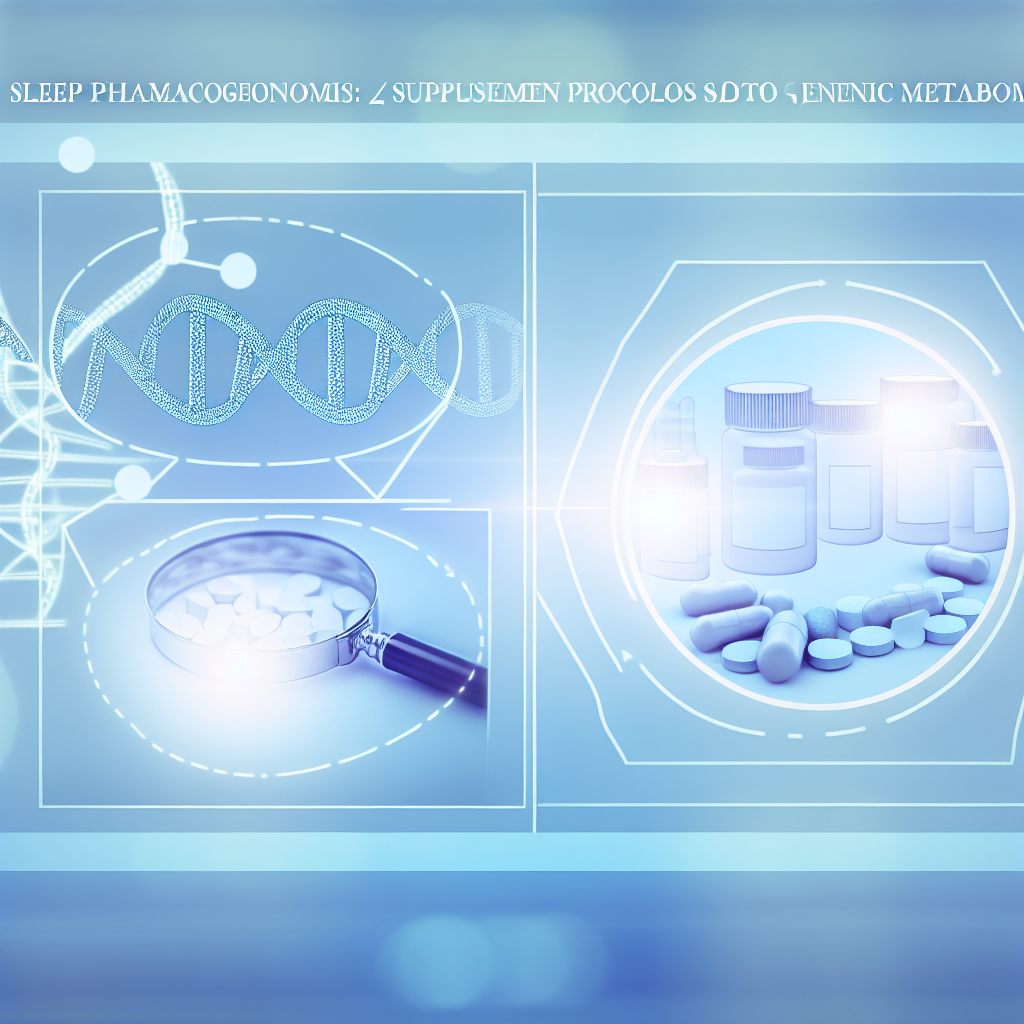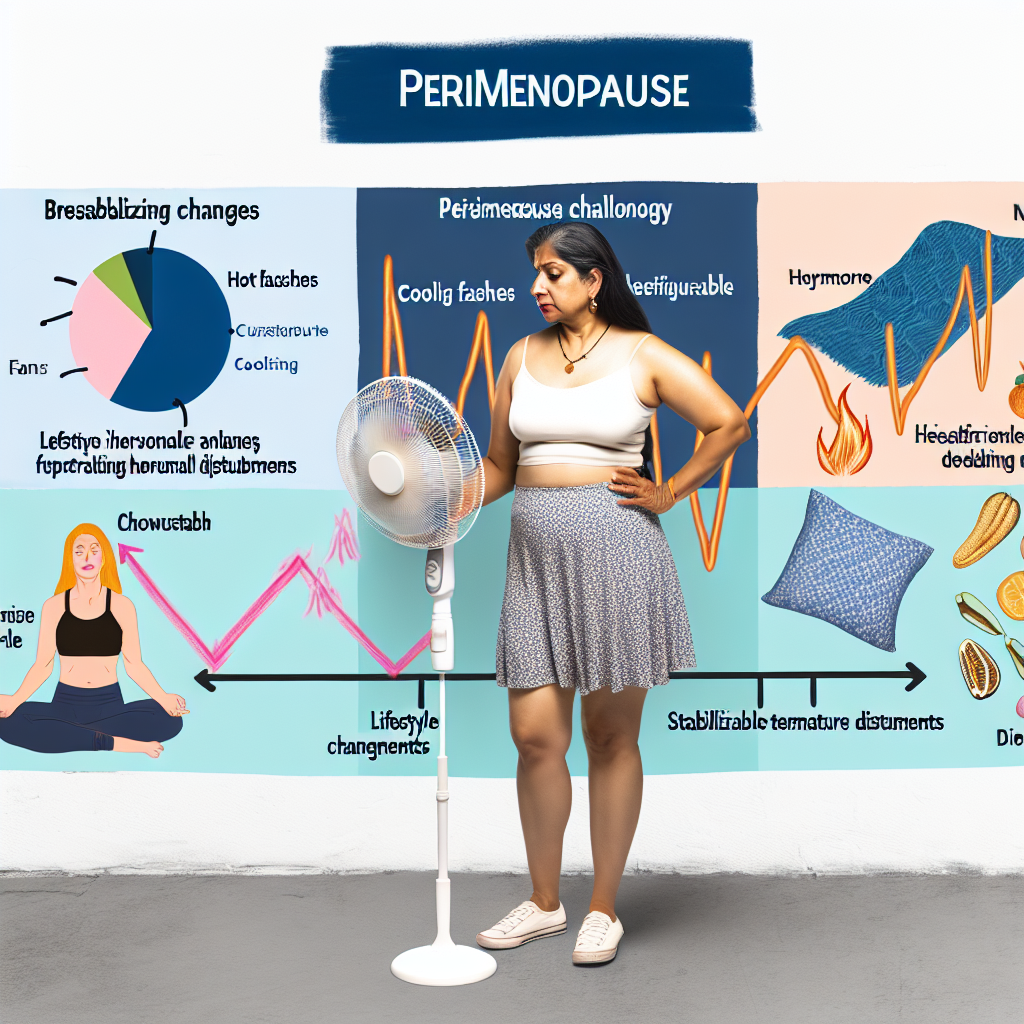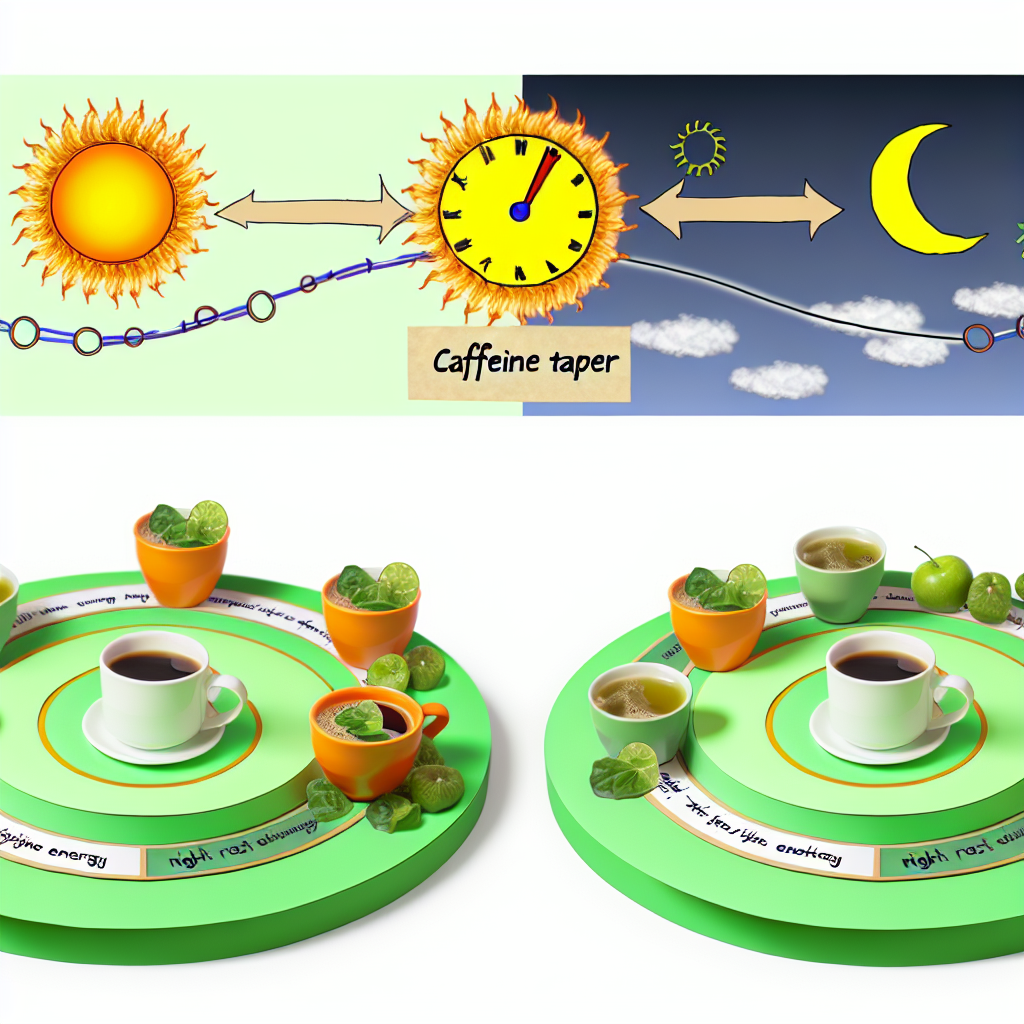Sleep Pharmacogenomics: Personalized Supplement Protocols Based on Genetic Metabolism
Unlock deeper, more restorative sleep by understanding your genes. Discover how personalized supplementation can transform your nights.
The Future of Sleep is Personal: What is Sleep Pharmacogenomics?
In an age where personalization drives advancements in medicine, nutrition, and lifestyle, the science of sleep is no exception. One of the most fascinating frontiers in this arena is sleep pharmacogenomics—the study of how an individual’s genetic makeup influences their response to sleep-related supplements and medications.
Sleep affects every aspect of our physical and mental well-being. While good sleep hygiene routines and behavioral strategies play a crucial role, many individuals still struggle to get restful, restorative sleep. This is where pharmacogenomics offers a groundbreaking perspective.
Pharmacogenomics explores how genetic variations impact an individual’s ability to metabolize and respond to different compounds. When applied to sleep health, this discipline has the potential to revolutionize how we approach interventions such as melatonin, magnesium, L-theanine, valerian root, and other common sleep aids.
Rather than taking a one-size-fits-all approach, sleep pharmacogenomics enables the creation of customized supplement protocols—tailored directly to your DNA.
Genetic Pathways to Better Rest: Key Genes That Influence Sleep Supplementation
This customization is anchored in variations of genes like CYP1A2, COMT, MAOA, and others that regulate neurotransmitter activity and the metabolism of drugs and nutrients in the liver.
For instance, individuals with a slower-metabolizing CYP1A2 gene variant may process caffeine—or even melatonin—less efficiently, potentially disrupting their sleep quality and requiring dose or timing adjustments. Meanwhile, certain COMT gene variations (like Val158Met) influence dopamine and norepinephrine breakdown, impacting how easily a person can fall and stay asleep.
By analyzing a person’s genetic data—usually collected through a quick saliva or blood test—healthcare providers and genetic counselors can craft a custom sleep solution. These personalized protocols:
– Increase sleep aid effectiveness
– Minimize side effects
– Reduce wasted time on ineffective supplements
Science Speaks: Research-Backed Benefits of Personalized Sleep Supplementation
Pharmacogenomics is a rapidly expanding field, bolstered by a growing body of research across several domains, now including sleep science.
🔬 A 2007 study in *Pharmacogenetics and Genomics* revealed that individuals with slow-metabolizing variants of the CYP1A2 gene were significantly more sensitive to caffeine. They reported reduced sleep quality and longer wakefulness compared to fast metabolizers. [Read the study](https://pubmed.ncbi.nlm.nih.gov/18004278/)
🔬 A 2011 review in *Sleep Medicine Reviews* found people with the COMT Met/Met variant experienced more fragmented, lighter sleep—making them likely to benefit from supplements that promote calm, like L-theanine and magnesium. [Read the study](https://www.sciencedirect.com/science/article/abs/pii/S108707921100042X)
🔬 The MAOA gene, responsible for breaking down serotonin and dopamine, also plays a role. Individuals with a low-activity version of this gene may benefit more often from serotonin-enhancing supplements such as 5-HTP.
Magnesium, often hailed as a “master mineral,” is another staple in sleep support. However, some people don’t absorb or utilize it efficiently due to polymorphisms in genes like TRPM6. Personalized dosing based on your genetic markers ensures better sleep outcomes.
Emerging research also suggests that serotonin transporter genes like SLC6A4 may explain why certain individuals respond better to herbal sleep remedies such as valerian root or passionflower.
Real-Life Applications: From Clinical Practice to Consumer Empowerment
The practical applications of sleep pharmacogenomics are already emerging in sleep clinics and wellness centers worldwide. It’s especially useful for individuals who:
– Struggle with insomnia
– Experience circadian rhythm disorders
– Suffer from shift work sleep disorder
– Have failed to find relief through traditional treatments
Furthermore, many DNA testing services now offer consumer-accessible reports on neurotransmitter metabolism and sleep-related genes. This means you can take the first steps toward personalized sleep solutions from the comfort of your home—armed with science and tailored recommendations.
Conclusion: Optimize Your Sleep by Unlocking Your DNA
Sleep pharmacogenomics stands as a transformative frontier in health and wellness. By decoding your unique genetic blueprint, you can gain powerful insights into how your body responds to key sleep supplements such as melatonin, magnesium, valerian, and more.
Eliminate the guesswork. Increase effectiveness. Personalize your path to better rest.
Whether you’re dealing with chronic sleep disturbances or simply looking to improve nightly restoration, a DNA-based approach may be the smartest, safest strategy to finally get the sleep you deserve.
References
– Sachse, C., Brockmöller, J., Bauer, S., & Roots, I. (2007). Functional significance of a C (−2964) A polymorphism in the CYP1A2 gene. *Pharmacogenetics and Genomics*. [Read the study](https://pubmed.ncbi.nlm.nih.gov/18004278/)
– Dauvilliers, Y., Tafti, M. (2011). Association of Sleep Pharmacogenetics and COMT Val158Met. *Sleep Medicine Reviews*. [Read the study](https://www.sciencedirect.com/science/article/abs/pii/S108707921100042X)
– Meeusen, R., Watson, P. (2013). Magnesium and exercise: master mineral or misunderstood? *Clinical Chemistry and Laboratory Medicine*. [Read the study](https://www.degruyter.com/document/doi/10.1515/cclm-2013-0579/html)
– National Institutes of Health: Pharmacogenomics Knowledgebase (PharmGKB). [Visit the site](https://www.pharmgkb.org)
– Sleep Foundation: Genetics and Sleep. [Visit the site](https://www.sleepfoundation.org/how-sleep-works/genetics-and-sleep)
Summary
Sleep pharmacogenomics is the study of how an individual’s genetic makeup influences their response to sleep-related supplements and medications. By analyzing a person’s genetic data, healthcare providers and genetic counselors can craft customized supplement protocols to increase sleep aid effectiveness, minimize side effects, and reduce wasted time on ineffective supplements. This personalized approach is transformative, as it allows individuals to optimize their sleep by unlocking insights into how their body responds to key sleep supplements like melatonin, magnesium, and valerian root.

Dominic E. is a passionate filmmaker navigating the exciting intersection of art and science. By day, he delves into the complexities of the human body as a full-time medical writer, meticulously translating intricate medical concepts into accessible and engaging narratives. By night, he explores the boundless realm of cinematic storytelling, crafting narratives that evoke emotion and challenge perspectives.
Film Student and Full-time Medical Writer for ContentVendor.com




